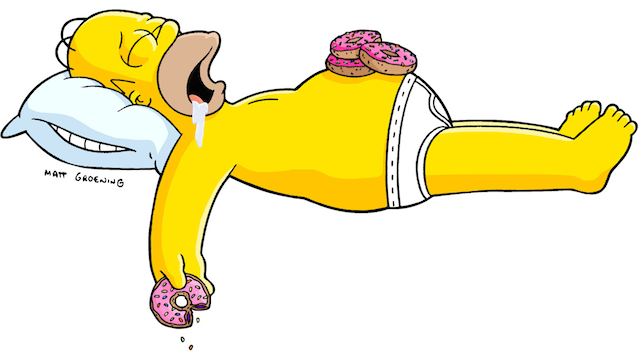 Someone once said to me “Muscles grow in the kitchen, not the gym!” Well what about when you’re sleeping?
Someone once said to me “Muscles grow in the kitchen, not the gym!” Well what about when you’re sleeping?
I’m 43. So what you say? Well as a committed I.T professional, family man, and CrossFit addict, fitting everything in on a daily basis can be a challenge. So what works for me is to train at 5.30am (and sometimes I push into the 6.30am class just for that ‘bit extra’). Getting to the box at 5.30am actually means I need to be out of bed at 4.35am, yes those extra five minutes do make a difference!
Recently, I was feeling a little run down when I came across the Bloynx HMB and Creatine review on this website. I read the article and walked over to my wife. I told her about this great new product, how it’s Paleo and it was for CrossFitters. Then I asked her if she could get me some because I reckon it is going to give me just that little bit extra. I’ll get those young bucks in the next chipper and they won’t see it coming, I thought.
You know what my wife tells me?
“Craig you don’t need any supplements, you need sleep!”
Hey, what sort of supplement is that I thought?
“I’m already getting a pretty decent 5½ hours on weeknights and then a few catch up hours on weekends,” I said to her.
“Well that’s just not enough,” she says. “If you got more sleep your recovery would be better, you could train harder and then you would see the benefits, plus it costs nothing.”
Intrigued I did what most men do in this situation. I nodded my head, quietly walked away and began my own research. And here is what I found.
Sleep is the key to releasing that sought after human growth hormone (HGH) we need to build and repair muscles. HGH is released in 6 to 12 pulses per day and the most is around an hour after you fall asleep. It stimulates the growth of muscles and bones and even helps regulate the metabolism. Inadequate or poor sleep quality will reduce the volume of HGH being secreted so it is recommend if you want a quality of sleep, have a dark room and maintain a balanced diet with adequate protein (sounds like Paleo to me!)
A lack of sleep suppresses the immune system, and we all hate missing a training session because we picked up a nasty cold or flu. Recent studies concluded, losing sleep for one night could trigger the key cellular pathway that produces tissue-damaging inflammation. Getting enough sleep allows your body to repair damaged cells and fight infections.
Sleep will actually improve athletic performance including reaction time and agility. A (2010) Stanford University Study found University football players reaction and sprint times both improved when they simply got more sleep. A follow up study in 2011 also found basketball players increase their accuracy of ‘free throws’ and ‘three point shots’ by 9% after a few more zzz’s.
Sleep is essential for the management of that stress. A lack of sleep will result in an increased stress response. This raises your cortisol levels and increases blood pressure, making it difficult to fall asleep and stay asleep creating a vicious cycle.
Great now we know we all need more sleep, yes the wife was right (hopefully she does not read this) but what should you do? Well here a few recommendations:
1. Make sleep part of your training: That means as seriously as you take your WODs you have to take your sleep. If you keep a workout diary why not keep a sleep one as well. That way when your training is not going as planned you can pinpoint if sleep has anything to do with it.
2. Maintain a low or zero sleep debt: That means getting as least 7-hours a night.
3. Keep a regular sleep/wake cycle: retire at around the same time, rise around the same time, your body likes the routine (even on weekends). Circadian rhythm or ‘body clock’ will love you for it.
4. Finish training at least three to four hours before climbing into bed: Otherwise the ‘high’ of the WOD may impair your ability to drift off.
5. Lastly the bed is meant to be for two thing: one of them is sleeping! Keep food, TV’s and the laptop out of the bedroom.
I was warming down with a friend of mine after a pretty intense ‘Barbara’ session and as we were stretching out I noticed he stopped responding to my questions. I panicked at first, as any reasonable person would in that situation, only to find he had drifted off to sleep.
My curiosity got the best of me and so I couldn’t help but ask him what sort of sleep he was getting. He explained that he was ‘pretty wired’ coding programs until all hours of night before getting up early for his CrossFit session. He was averaging around the 4.5 hours a night. Thinking back, there is no question that would have impacted his performance in the workout and compromised his body in getting full recovery and desirable strength gains.
Hindsight is a wonderful thing and so is your health. So get cranking people, get away from the Internet, relax and get your quota of sleep. Your body will thank you, now it’s time for me to thank my wife.






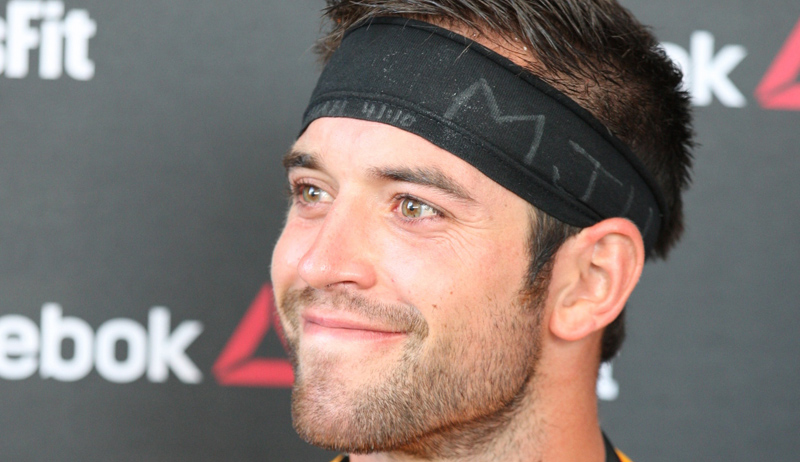
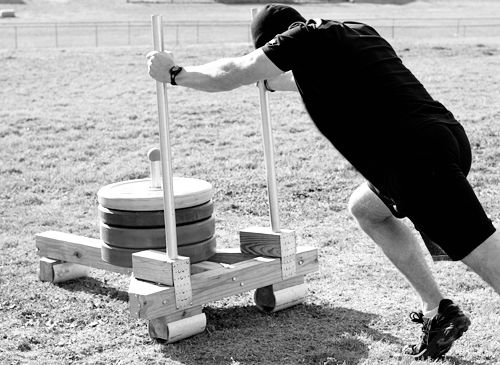


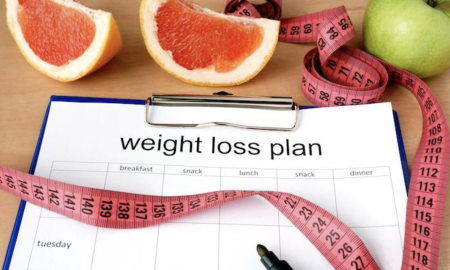


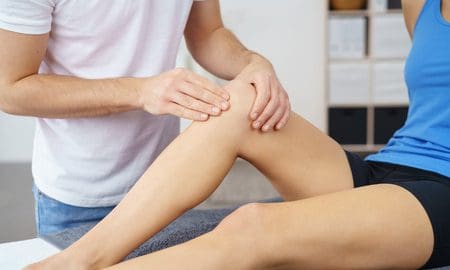

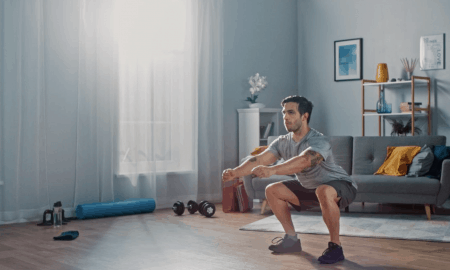
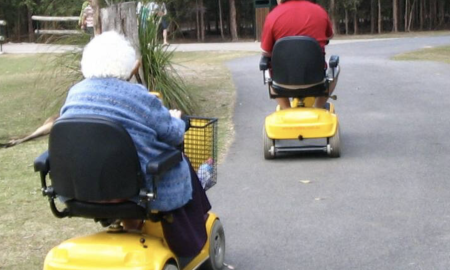

Follow Us